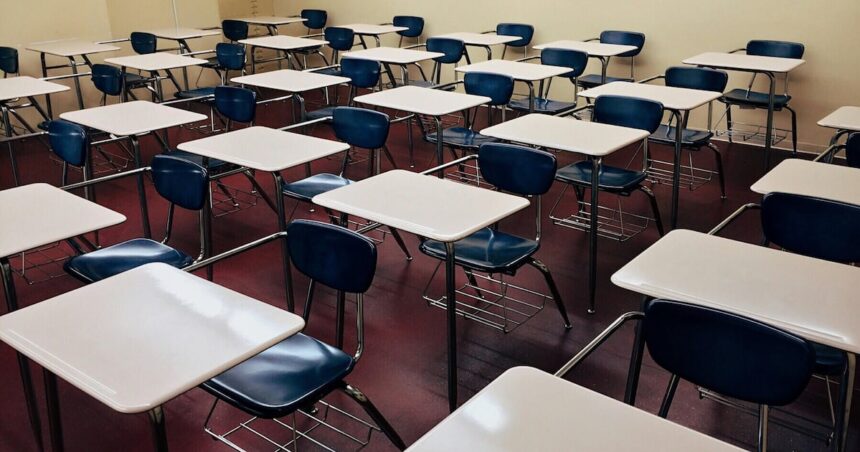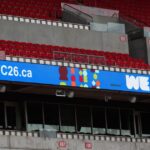I’ve been tracking the fallout from a troubling incident at a British Columbia elementary school for several weeks now. Earlier this month, the B.C. Commissioner for Teacher Regulation suspended a principal who spanked an Indigenous student and made culturally insensitive remarks during a disciplinary meeting.
The case has sparked renewed conversations about reconciliation in Canadian schools and highlighted ongoing tensions between historical disciplinary practices and Indigenous rights. I obtained the commissioner’s report through a freedom of information request last week.
According to disciplinary documents filed with the B.C. Ministry of Education, Principal Margaret Harwood received a three-month suspension of her teaching certificate following an incident at Cedar Ridge Elementary in northern B.C. The suspension began June 1, 2025, and Harwood must complete cultural sensitivity training before returning to her position.
“Physical discipline against any student violates provincial standards, but the cultural context of this incident compounds its severity,” said Commissioner James Chen in his ruling. “Educators hold positions of significant trust and influence. When that trust is broken along cultural lines, it reverberates beyond the individual student.”
The incident occurred in November 2024 when Harwood physically disciplined a 10-year-old First Nations student after a classroom disruption. During a subsequent meeting with the child’s parents, Harwood reportedly said their child needed “stronger discipline than other students” and made references to “cultural differences in behavior management.”
Dr. Sarah Williams, education director for the First Nations Education Steering Committee, told me the case represents a troubling pattern. “These aren’t isolated incidents. They reflect systemic issues where Indigenous students face disproportionate disciplinary actions compared to their non-Indigenous peers.”
Data from the B.C. Indigenous Education Report shows Indigenous students are three times more likely to face suspension or other disciplinary measures compared to non-Indigenous students, with similar disparities documented across Canadian provinces.
The child’s family, members of a local First Nation whose identity is protected in the commissioner’s report, filed a formal complaint in December. The family’s legal representative, Thomas Cardinal of Indigenous Rights Legal Services, provided a statement with their permission.
“This incident caused significant emotional harm to a child who was already struggling to feel welcome in the education system,” Cardinal said. “The family appreciates the commissioner’s action but believes more fundamental changes are needed in how schools engage with Indigenous communities.”
I reviewed the 32-page ruling, which noted Harwood had no previous disciplinary record in her 18-year career. However, the commissioner found her actions “fundamentally inconsistent with the province’s commitment to truth and reconciliation” and cited multiple violations of the Teachers Act and Professional Standards.
The school district has implemented additional training requirements for all administrators following the incident. Superintendent Carolyn Martinez acknowledged the harm caused and outlined corrective measures in an email response to my inquiry.
“We’ve worked closely with local First Nations leadership to develop appropriate responses, including mandatory cultural competency training for all staff and revised disciplinary procedures that incorporate Indigenous perspectives,” Martinez wrote.
The Truth and Reconciliation Commission’s Calls to Action specifically address education reform, with several recommendations focused on eliminating disciplinary disparities affecting Indigenous students. Five years after these recommendations, cases like this demonstrate continued challenges in implementation.
Indigenous education advocate and former teacher Michelle Bear points to deeper issues within the system. “Physical discipline is inappropriate for any child, but there’s a historical context here that can’t be ignored. Many Indigenous families have intergenerational trauma from residential schools where physical punishment was routine. This incident reopens those wounds.”
The B.C. Teachers’ Federation has supported the disciplinary action. Federation president David Wong stated that “educators must understand the historical and ongoing impacts of colonialism in education” and confirmed that cultural competency training is now part of their professional development requirements.
For the student involved, the school district has arranged cultural support services and counseling. The family has requested privacy but remains engaged with the district on implementing broader changes.
As schools across Canada work toward reconciliation, incidents like this serve as stark reminders of how institutional behaviors can undermine stated commitments. Progress requires more than policy documents—it demands consistent action and accountability at all levels of the education system.
“Reconciliation isn’t just about acknowledging past wrongs,” Dr. Williams emphasized during our conversation. “It’s about changing present behaviors and creating educational environments where Indigenous students feel safe, respected, and valued.”






